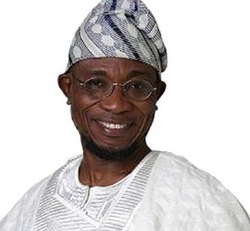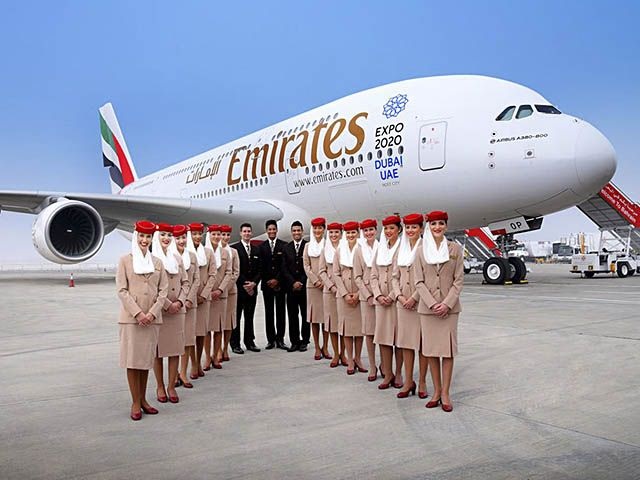FG declares May 2 & 3 Public Holidays for Workers’ Day, Sallah
By Favour Nnabugwu
The Federal Government has declared Monday 2nd and Tuesday 3rd May, 2022 as Public Holidays to mark this year’s Workers Day and EIdul-Fitr Celebrations.
The Permanent Secretary in the Ministry, Dr Shuaib Belgore made this know in a statement issued in Abuja today.
He said the Minister of Interior, Ogbeni Rauf Aregbesola, made the declaration on behalf of the Federal Government.
The statement congratulated workers across the country on this year’s celebration.
“Ogbeni Aregbesola commended workers for their hard work, diligence and sacrifice, noting that their efforts are largely responsible for the greatness of the country and the respect Nigeria now commands in the comity of nations.
“Labour is the very essence of humanity. We are alive because we work and only the dead is incapable of working” , the statement added.
The minister enjoined workers to imbibe the culture of productivity, saying “the end of work is productivity. It is productivity that leads to satisfactory provision of goods and services and wealth creation. It is therefore the path to national and individual prosperity”.
He urged workers to raise the bar of their trade in line with the President Muhammadu Buhari led administration’s drive to rev up the vehicle of governance and make all the people of Nigeria derive maximum benefit from the nation.
“The Minister also congratulates all Muslims for the successful completion of the holy month of Ramadan.
Ogbeni Aregbesola calls on all Muslims to imbibe and practice the virtues of kindness, love, tolerance, peace, self-denial, sacrifice and good neighbourliness, as exemplified by the Holy Prophet Muhammad (Peace be upon Him).
“The self-restraint, self-denial, sacrifice and deep spiritual consciousness that accompanied the fasting period should not end but be maintained and improved upon, in order to be a better person and true worshipper”, the minister advised all Muslims.
The minister expressed confidence that the security challenges in some parts of the country will soon be a thing of the past, noting that the government is putting determined efforts and all necessary measures in place for Nigerians to enjoy unfettered peace all round.
He assured Nigerians that the administration of President Muhammadu Buhari is fully committed to the security of life and property of every citizen and foreigners alike





